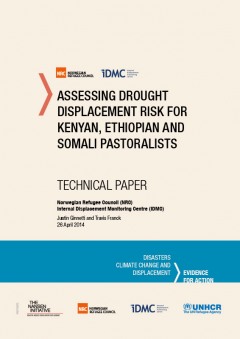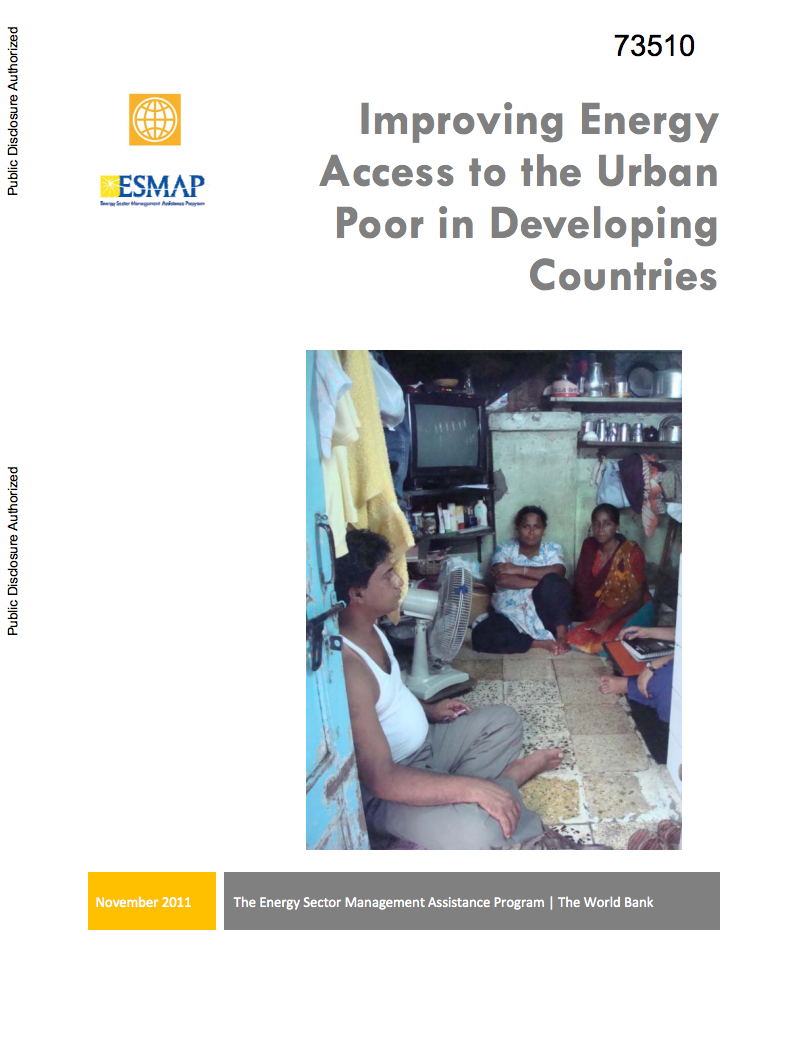Growth Poles Program : Political Economy of Social Capital
The Government of Sierra Leone (GosL)
and the World Bank (WB) have agreed upon the design and
implementation of a growth poles program (GPP) in support of
the agenda for prosperity (A4P), the GoSL's third
poverty reduction strategy paper (PRSPIII). With support
from the European Union competitive industries and
innovation practice trust fund, the WB has been undertaking
a series of scoping and diagnostic analyses on the GPP since






